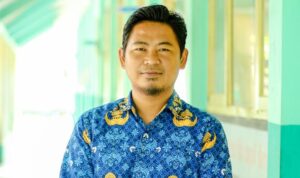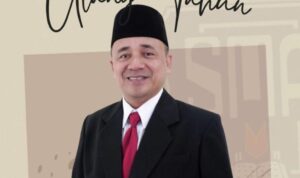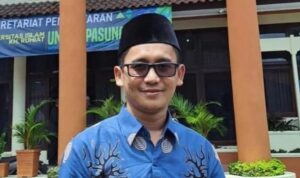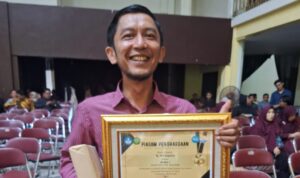RADAR TASIKMALAYA – Literacy is vital for a nation’s progress, yet Indonesia continues to struggle with improving its literacy rates. Globally, innovation in English language education contributes significantly to literacy enhancement, particularly through structured management of educational innovation (Waters, 2009).
However, several challenges hinder the effectiveness of English language learning in Indonesia, including teacher quality, teaching methods, and educational policies that have yet to fully support systematic literacy development.
Challenges in English Language Education in Indonesia
Despite the enactment of the Teacher and Lecturer Law in 2005, which aimed to improve teacher welfare, disparities in teacher education quality persist (Suryani, 2021). Many graduates from teacher education programs lack adequate teaching skills due to the absence of stringent selection standards for prospective teachers. Consequently, a substantial number of education graduates shift to other professions due to limited employment opportunities in the education sector.
In developed countries such as Finland, Canada, Australia, and Singapore, teacher development systems are meticulously structured, encompassing various interconnected components from recruitment to continuous professional development (Darling-Hammond, 2017).
In Indonesia, such systems remain underdeveloped, leading to suboptimal teacher professionalism. Furthermore, Indonesia’s teacher professional development framework does not fully incorporate the seven key elements of effective professional development, such as content-focused learning, active learning, teacher collaboration, and structured feedback and reflection (Darling-Hammond, Hyler, & Gardner, 2017). English language teachers in Indonesia often face limited access to high-quality, continuous training, making it difficult for teaching innovations to flourish.
Innovations and Solutions to Improve Literacy
One of the crucial steps in enhancing literacy in Indonesia is strengthening English language education through innovative approaches tailored to both teachers and students’ needs. English teacher education should emphasize professional agency – the ability of teachers to develop their professional identity through interactions with students and colleagues (Green & Pappa, 2021).
As a result, teacher training programs should not only focus on instructional techniques but also on cultivating teachers’ competencies and professional identities. Additionally, strengthening educational leadership is a key factor in improving the quality of English language instruction.
In countries such as Japan, Singapore, and South Korea, school leadership training emphasizes instructional leadership skills, including school-based mentoring, peer observation, and coaching for teachers (Kim & Lee, 2020). Implementing such leadership models in Indonesia can enhance the effectiveness of English language teaching and foster a more collaborative learning environment.
From a policy perspective, reforms in the selection of teacher education candidates are necessary to ensure that only highly motivated and capable individuals enter the profession. Furthermore, curriculum development policies should actively involve teachers in the planning and evaluation processes, as they are the ones who best understand students’ needs and classroom conditions (Cirocki & Anam, 2024).
Conclusion
Literacy in Indonesia still faces numerous challenges, particularly in the realm of English language education. To improve literacy rates, it is essential to implement innovations in teacher training, strengthen school leadership, and reform educational policies.
By adopting best practices from countries that have successfully developed their education systems, Indonesia can establish a more effective and sustainable system for enhancing literacy. Improving literacy will not only elevate educational quality but also contribute significantly to the nation’s social and economic development. (Rasi Yugafiati)
Writer is a doctoral student at the Faculty of Language Education UNNES













